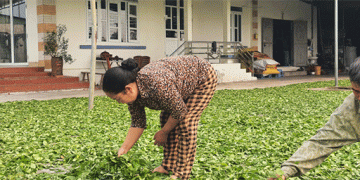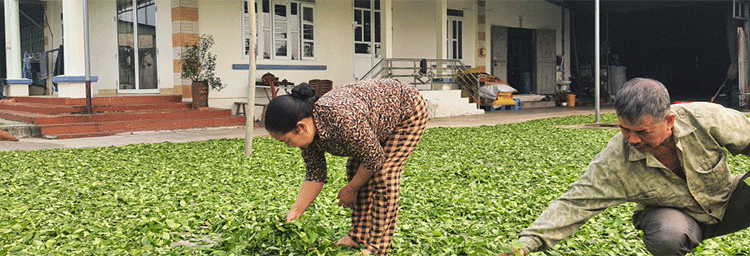The global agricultural sector stands at a crossroads, balancing the imperative for productivity with the urgent need for environmental sustainability. In Vietnam, Quang Ninh province has emerged as a notable case study, proactively transitioning from conventional farming towards an ecological and organic agricultural model. This strategic pivot, formalized in its 2022 Organic Agriculture Development Plan, aims to create a resilient, high-value, and environmentally sound agricultural sector. The journey offers critical insights for agronomists, policymakers, and farmers alike.
Building the Foundation: Policy and Early Successes
Quang Ninh’s approach is distinguished by strong provincial policy backing and targeted financial investment. The government has allocated over 10 billion VND (approximately $400,000 USD) to support organic projects, covering costs for zone certification and organic accreditation. This has yielded concrete results:
- Certified Organic Area: The province now boasts 90 hectares of integrated rice – roui – cay (a local crab) organic systems and 45 hectares of certified organic rice, producing around 150 tons.
- Export Premiums: A standout success is 329 hectares of organic cinnamon, with 220 tons of bark exported to the European market at a 20% price premium over conventional product, demonstrating the clear market value of certified organic goods.
- Sustainable Aquaculture: In a landmark move, Quang Ninh mandated the replacement of polystyrene flotation devices in aquaculture with sustainable HDPE material. Achieving a 99.5% conversion rate across its aquaculture farms has drastically reduced marine plastic pollution, setting a national benchmark.
These achievements align with global trends. The FAO’s 2023 report on The State of Food and Agriculture emphasizes that sustainable practices, including organic farming and circular models, are critical for reducing agriculture’s environmental footprint while improving farmer livelihoods.
Confronting the Inevitable Challenges
Despite progress, Quang Ninh’s transition faces hurdles familiar to sustainable ag movements worldwide:
- High Production Costs: The case of Terranique JSC, which paused operations despite EU/USDA organic certification due to high costs (8 billion VND for 2.5ha), highlights the significant financial barrier. This is a global issue; organic production costs can be 20-30% higher initially due to labor-intensive practices and lower economies of scale (IFAD, 2024).
- The Consumer Conundrum: As farmer Pham Van Chieu notes, a lack of consumer awareness and unwillingness to pay a significant premium for organic goods creates a weak demand pull. Studies show consumers often express desire for sustainable products but exhibit a limited willingness-to-pay a premium of often less than 15% (Journal of Agricultural Economics, 2023).
- The Incentive Gap: Forester Chiu Thi Lien points out a critical flaw: timber from forests managed without chemicals commands no price premium, offering no economic incentive for farmers to adopt more sustainable, but potentially less productive, methods.
From Niche to Norm – A Systems Approach
Quang Ninh’s experience demonstrates that transitioning to ecological agriculture requires more than just policy and passion; it demands a holistic, systems-based strategy.
For the model to scale beyond a niche, several actions are critical:
- Farmer and Consumer Education: Intensified efforts are needed to bridge the awareness gap, helping consumers understand the long-term health and environmental value of organic produce.
- Cost Reduction through Innovation: Promoting and subsidizing climate-smart technologies and agroecological practices can help close the cost gap between conventional and organic production.
- Strengthening Market Linkages: Developing robust value chains and trusted brands for ecological products is essential to ensure that premiums actually reach the farmers, justifying their investment.
- Developing Differentiated Premiums: The market must recognize and financially reward all sustainable practices, not just certified organic crops. This includes sustainably managed forests and aquaculture.
Quang Ninh has laid a formidable foundation. The next phase of its journey will depend on its ability to tackle these economic and market challenges head-on, creating a viable, profitable, and truly sustainable agricultural system that serves as a blueprint for all of Vietnam.































